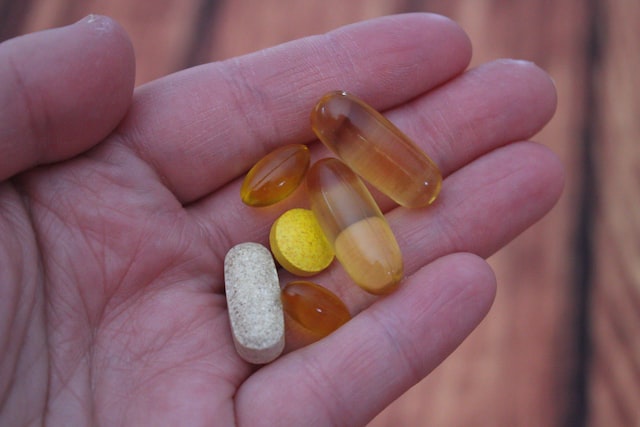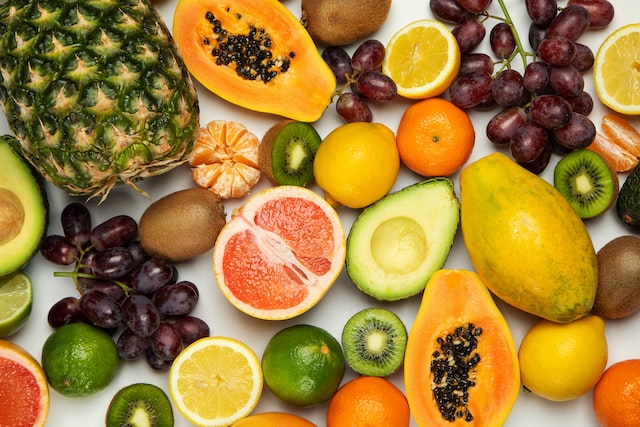Because of a busy schedule, it can be difficult to pack all the necessary nutrients into your diet. If you struggle with chronic health conditions that require certain elements be added to your diet daily, vitamins and supplements are so important to add to your routine. There are many reasons why people take vitamins, but vitamins have benefits you may not even know about.
Nutritional Value
By taking a daily vitamin or even a multivitamin you can be getting nutrition that you may not even thought of. For example, vegetarians may think their diet is healthy enough, but are often missing out on vital nutrients such as B12, iron and even magnesium. Dietary supplements can step in to fill in the gaps where the dietary choices we make are not the best.
Reduce Mental Health Symptoms
If you are someone who suffers from anxiety or depression, there could be a connection between those mental health symptoms and how your diet is supporting your brain’s health. Improving your diet can give you more energy, which is paramount for a person coping with depression. The vitamins you are giving your body through a supplement help regulate areas of the body like the nervous system to help regulate mental health.
Healthy Metabolism
Taking a vitamin every day regulates the body so that it gets the same amount of nutrients. Regulating these vitamins and minerals can be good for your metabolism as it helps to create a more predictable pattern for your body to become accustomed to. A multivitamin, in addition to a healthy diet and exercising, sets you up for a healthy, vital life.
Dr. Barbara R. Edwards, Princeton Internist, practices at Penn Medicine Princeton Health in the Penn Medicine Princeton Medical Center. She is also the Academic Director for the Ambulatory Residency Program at Penn Medicine Princeton Health.






